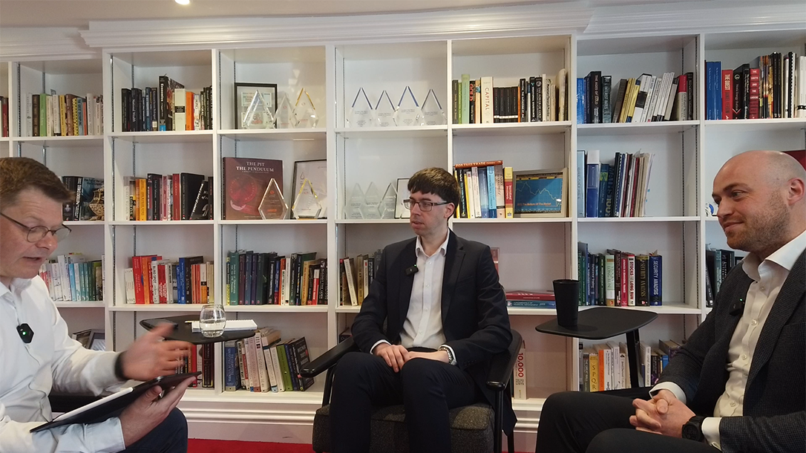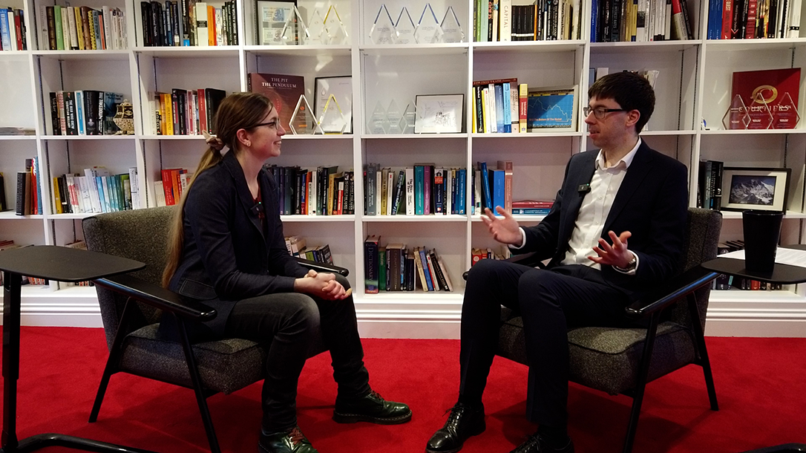January was a volatile month for global markets, with the outbreak of the coronavirus in China making investors jittery. The number of confirmed cases in mainland China now exceeds 17,000, with a further 153 cases confirmed globally, including two in the UK. The Shanghai Composite index, which measures all stocks listed on the Shanghai Stock Exchange, reopened on Monday having been closed for a week due to the Chinese New Year, and it fell -7.72% – its worst daily move for four and a half years.
In the UK, it was third time lucky for making Brexit happen, as Britain officially left the European Union at 11pm on 31st January. The government now has until the end of the year to secure a trade deal with the EU; if no deal is reached by then, then the UK will likely have to pay tariffs on exports to the EU.
Mark Carney presided over his last monetary policy committee meeting as Governor of the Bank of England. The decision was to maintain interest rates at 0.75%, the level they have been since August 2018. Carney will step down as Governor next month, to be replaced by FCA chief executive officer Andrew Bailey.
A full round-up of January market performance
In the UK, the FTSE 100 index fell -3.35%, while medium and smaller companies, measured by the FTSE 250 ex IT index and the FTSE Small Cap ex IT index, returned -3.54% and +0.13% respectively. In the US, the S&P 500 index ended the month flat on -0.04%, while in Europe the Eurostoxx 50 index declined -2.62%. Japanese stocks measured by the Topix index lost -2.14%.
Emerging market returns were mostly negative, as the MSCI Emerging Markets index fell -3.29%. Chinese equities measured by the MSCI China index shed -4.94% while Latin American equities, measured by the MSCI Latin America index, dropped -1.24%. Indian stocks measured by the IISL Nifty 50 PR index were down -1.70%.
In the fixed income market, UK government bonds, measured by the FTSE Gilts All Stocks index, gained +3.54% and long dated (over 15 years to maturity) gilts surged +6.28%. European corporate bonds, measured by the Markit iBoxx Euro Corporates index, rose +1.18% while sterling denominated corporate bonds, measured by the Markit iBoxx Sterling Corporates index, increased +2.84%. In the high yield market, the Bank of America Merrill Lynch Euro High Yield index and the Bank of America Merrill Lynch Sterling High Yield index picked up +0.24% and +0.74% respectively.
Commodities had a poor month. The S&P GSCI index, which consists of a basket of commodities including oil, metals and agricultural items, sank -10.82%. This was largely due to the decline of the oil price, which fell -9.50% during the month. In the agricultural markets corn fell -1.68% and wheat lost -0.89%. The precious metals performed well as the S&P GSCI Gold and Silver indices captured +3.97% and +0.64% respectively.
In the currency markets, the pound had a mixed month as it lost -0.38% versus the US dollar and gained +0.66% against the euro.













